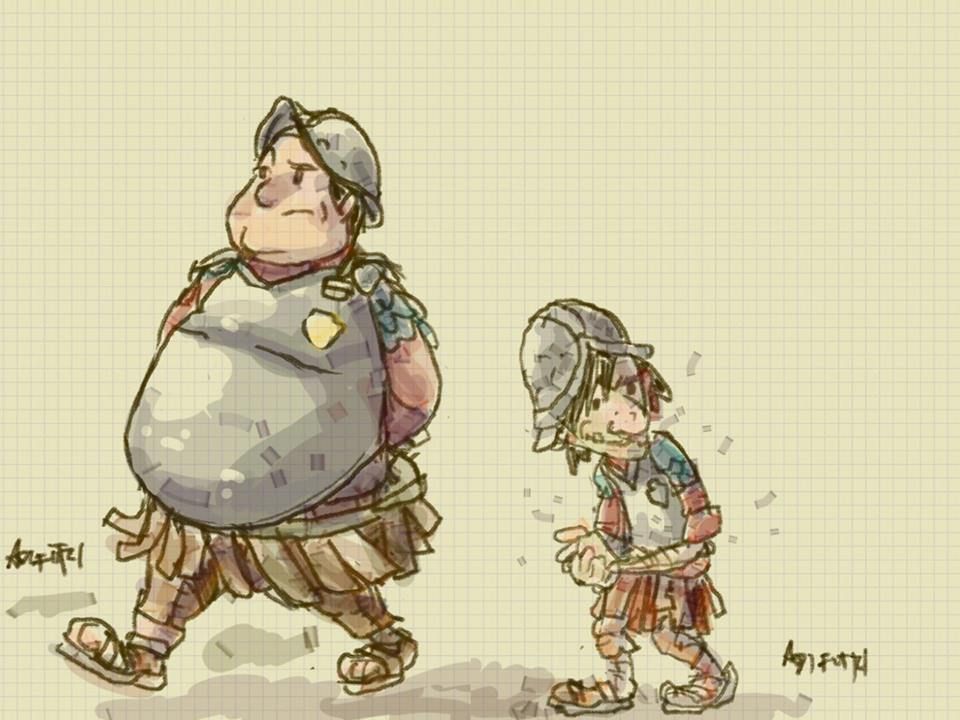The first thing to do is talk to the players. They should both be made to agree that minor compromises for the sake of everyone having fun. If everyone fights everything that you do, it won't be as fun.
Serious vs light guards is common
One book series I find very inspirational when talking about guards is Colon and Nobbs from Terry Pratchett.

They steal from their office, they aren't good fighters, they make rude and silly jokes, they take food bribes from lots of people for their service. They are high on the silly end of silly.
But, they also have their ears to the ground. People appreciate their silly nature and don't find them scary as guards. They tell them everything. Several times they save the day with their unassuming natures.
Likewise, Hot Fuzz is a famous and similar example.
Work with your light player to find a backstory for them that works to help immersion. A lot of guards are incompetent and have bad attitudes, but still manage to get the job done when it counts. Work out why the silly one is more valuable than other guards. That way, they'll look a bit more serious without them compromising their personality.
Have reasonable timelimits on ooc actions, and reward bold and decisive action
People spending forever planning is a serious character flaw. If the serious player is doing that, then have it be a thing in story. If they can't make a decision in a reasonable period of time, then ask the lighter player what they are doing, and roll with their plan. Let the serious player spend ages planning, while the other players get stuff done.
Make sure your world isn't so unforgiving that a quickly made up plan will fail, and roll with it. The casual attitude of the lighter player can help solve the problems, and make them useful.
This will encourage them to delay less, as the other players are getting fun scenes while they think.
Talk to the player about spotlight time
As you said, they like thinking a lot and spending a long time planning. Which is fine. But do remind them, there are other players who like to do things, and spending the entire session focusing on solely their concerns isn't fun for the other players. So talk to them.
Say something like "I know you are having fun, but what you are doing is making it less fun for the rest of us. Could you this session hang back more so that others can get a chance to play their characters. It's not that we don't like your character, but we want a chance to play our characters and NPCs as well." And if they chose to keep spending entire sessions focusing the spotlight on their character, you know they're not willing to compromise.
If they want to spend five minutes plotting, that's fine, but that's five minutes of their time in the spotlight. Other players should get a chance to play out their characters after and you should get to use your NPCs, who don't care about planning as much.

